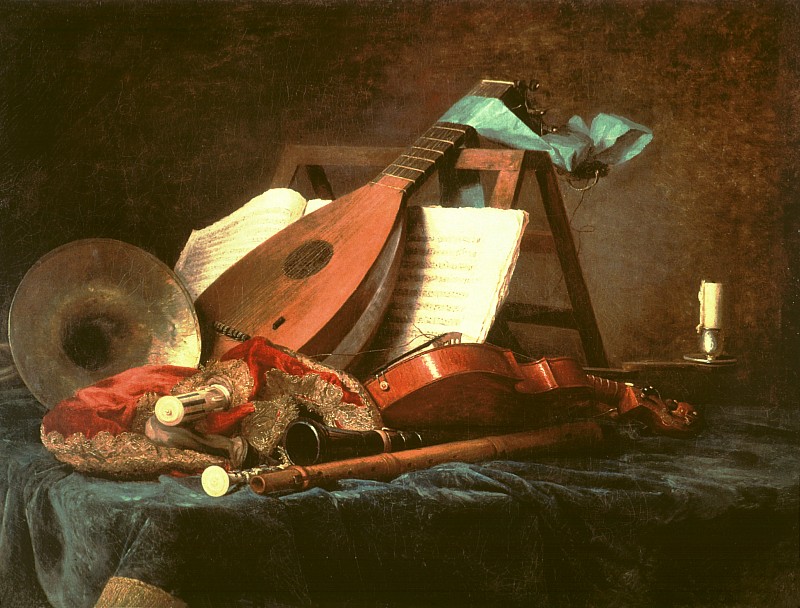|
Institute Of Musical Instrument Technology
The Institute of Musical Instrument Technology is the main professional body for all musical instrument makers, tuners and repairers. It was inaugurated on 24 February 1938 and was incorporated on 13 March 1961. According to its website, the institute is the only professional qualification covering the whole field of musical instrument technology. Sydney A Hurren was the founder of the institute. Other distinguished members, past and present, include Sir James Jeans, Henry Willis III and Henry Willis IV, Sir James Blades, David Grover (Bentley Pianos), Matthias Stöckle (Renner), Herbert Norman, John Norman, Alexander Kerstan (Steingraeber u. Söhne Pianos) and Dr. William McVicker (Royal Festival Hall The Royal Festival Hall is a 2,700-seat concert, dance and talks venue within Southbank Centre in London. It is situated on the South Bank of the River Thames, not far from Hungerford Bridge, in the London Borough of Lambeth. It is a Grade I l ...). Corporate members of the i ... [...More Info...] [...Related Items...] OR: [Wikipedia] [Google] [Baidu] |
Professional Association
A professional association (also called a professional body, professional organization, or professional society) usually seeks to advocacy, further a particular profession, the interests of individuals and organisations engaged in that profession, and the public interest. In the United States, such an association is typically a nonprofit organization, nonprofit business league for tax purposes. Roles The roles of professional associations have been variously defined: "A group, of people in a learned occupation who are entrusted with maintaining control or oversight of the legitimate practice of the occupation;" also a body acting "to safeguard the public interest;" organizations which "represent the interest of the professional practitioners," and so "act to maintain their own privileged and powerful position as a controlling body." Professional associations are ill defined although often have commonality in purpose and activities. In the UK, the Science Council defines a profess ... [...More Info...] [...Related Items...] OR: [Wikipedia] [Google] [Baidu] |
Musical Instrument
A musical instrument is a device created or adapted to make musical sounds. In principle, any object that produces sound can be considered a musical instrument—it is through purpose that the object becomes a musical instrument. A person who plays a musical instrument is known as an instrumentalist. The history of musical instruments dates to the beginnings of human culture. Early musical instruments may have been used for rituals, such as a horn to signal success on the hunt, or a drum in a religious ceremony. Cultures eventually developed composition and performance of melodies for entertainment. Musical instruments evolved in step with changing applications and technologies. The date and origin of the first device considered a musical instrument is disputed. The oldest object that some scholars refer to as a musical instrument, a simple flute, dates back as far as 50,000 - 60,000 years. Some consensus dates early flutes to about 40,000 years ago. However, most historians be ... [...More Info...] [...Related Items...] OR: [Wikipedia] [Google] [Baidu] |
Piano Tuning
Piano tuning is the act of adjusting the tension of the strings of an acoustic piano so that the musical intervals between strings are in tune. The meaning of the term 'in tune', in the context of piano tuning, is not simply a particular fixed set of pitches. Fine piano tuning requires an assessment of the vibration interaction among notes, which is different for every piano, thus in practice requiring slightly different pitches from any theoretical standard. Pianos are usually tuned to a modified version of the system called equal temperament. (See Piano key frequencies for the theoretical piano tuning.) In all systems of tuning, every pitch may be derived from its relationship to a chosen fixed pitch, which is usually A440 (440 Hz), the note A above middle C. Note that for a classical piano and musical theory, the middle C is usually labelled as C4 (as in scientific pitch notation); However, in the MIDI standard definition this middle C (261.626 Hz) is labelled C3. ... [...More Info...] [...Related Items...] OR: [Wikipedia] [Google] [Baidu] |
Professional Certification
Professional certification, trade certification, or professional designation, often called simply ''certification'' or ''qualification'', is a designation earned by a person to assure qualification to perform a job or task. Not all certifications that use post-nominal letters are an acknowledgement of educational achievement, or an agency appointed to safeguard the public interest. Overview A certification is a third-party attestation of an individual's level of knowledge or proficiency in a certain industry or profession. They are granted by authorities in the field, such as professional societies and universities, or by private certificate-granting agencies. Most certifications are time-limited; some expire after a period of time (e.g., the lifetime of a product that required certification for use), while others can be renewed indefinitely as long as certain requirements are met. Renewal usually requires ongoing education to remain up-to-date on advancements in the field, evid ... [...More Info...] [...Related Items...] OR: [Wikipedia] [Google] [Baidu] |
Royal Festival Hall
The Royal Festival Hall is a 2,700-seat concert, dance and talks venue within Southbank Centre in London. It is situated on the South Bank of the River Thames, not far from Hungerford Bridge, in the London Borough of Lambeth. It is a Grade I listed building, the first post-war building to become so protected (in 1981). The London Philharmonic Orchestra, the Philharmonia Orchestra, the Orchestra of the Age of Enlightenment, the London Sinfonietta, Chineke! and Aurora are resident orchestras at Southbank Centre. The hall was built as part of the Festival of Britain for London County Council, and was officially opened on 3 May 1951. When the LCC's successor, the Greater London Council, was abolished in 1986, the Festival Hall was taken over by the Arts Council, and managed together with the Queen Elizabeth Hall and Purcell Room (opened 1967) and the Hayward Gallery (1968), eventually becoming an independent arts organisation, now known as the Southbank Centre, in April 1998. ... [...More Info...] [...Related Items...] OR: [Wikipedia] [Google] [Baidu] |



